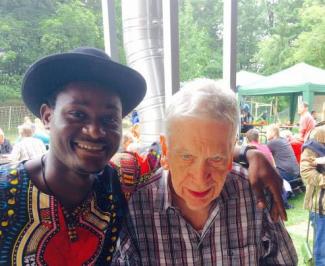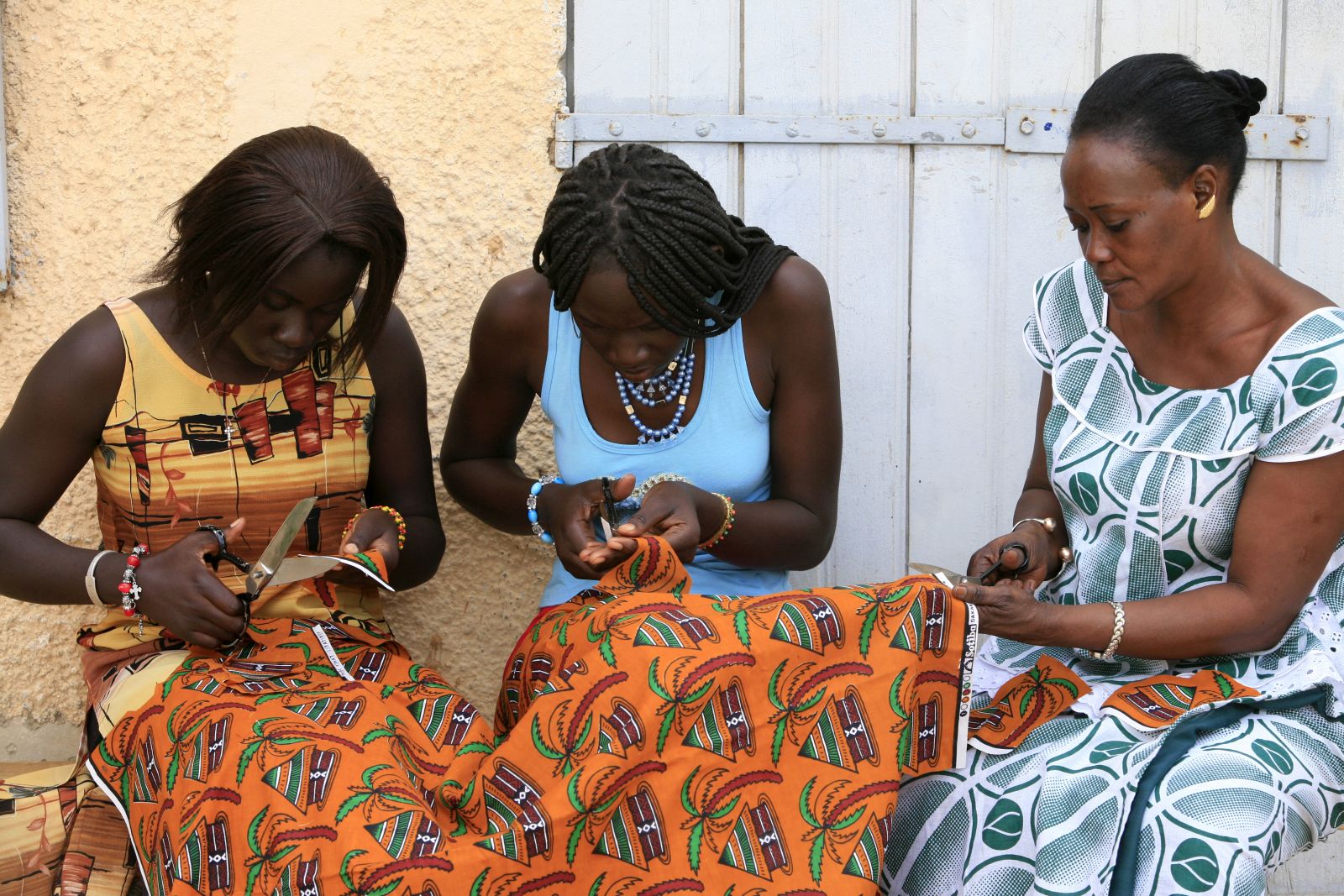Summer special
Taking the best from each culture

The residential community where I work is the home of 17 people between the ages of 46 and 85 years. It used to be 18, but one housemate died last week. I was not expecting this, and it was a heavy blow. The work is not easy, but I have a great team with wonderful colleagues and one caring mentor supporting me.
I knew what the word “stress” meant, but it was not until I came to Germany that I truly experienced it. Of the 17 residents, only five can walk independently, while two need a walker-rollator. The others sit in wheelchairs, and almost all of them depend upon our assistance. This is stressful, because we are always struggling against time. In the early shift, we have to get the residents ready for the communal room, activity room or workshop. We wash them in bed or bathroom, measure their blood pressure and temperature and check their breathing. Afterwards we prepare their breakfast. It is usually very hectic in the morning.
At the beginning, it was difficult for me, but I have been getting praise almost every day. I originally wanted to work with little children, but I think everyone needs help. Wherever I am placed, I will manage.
Working as a volunteer over the past year, I have developed many qualities including a team spirit, a sense of responsibility and resilience. I did not have a lot of experience working with disabled people. But everything here in the Lindenhof Foundation is organised very well, and I have learned a lot. At the same time, I think my colleagues benefit from my upbeat personality and my jokes. They often think only about work.
Personally, I am very open and flexible, because I think you have to be when you are in a foreign country. I met some German guys right after landing at the airport. Since then, I have made a lot of friends here. I am the spokesperson for the support group Initiative of Christians for Europe (IXE), and am in constant communication with the almost 50 volunteers who are currently placed in Germany. For some volunteers, the work is very complicated. One volunteer quit because he could not handle the intimate side of caretaking, for example changing diapers.
I had learned German back in Togo in high school and college, where I studied German language. When I finished high school, I was the fifth best German student in the entire country. In Togo, I worked with the agency CHE (Cercle Humanitaire pour Enfants), supervising volunteers from European countries. CHE is a partner of Initiative of Christians for Europe. That is how I ended up in Germany for the first time.
At the beginning, I was homesick, but not for long. Maybe just a month. At first, I missed the attitude in Togo. Here, people do not even pay each other compliments. But Germany is not Togo, and every society has its own culture. I take a bit of my culture and a bit of German culture and try to make the best of it. I like that the Germans think about themselves. In Togo, you just do what the boss says, and your own needs come second. Here, you can propose your own initiatives and not have to hold things back. What fascinates me about Germany is that everything is well organised, sometimes “overorganised”. When I return to Kpalimé, the fifth largest city in Togo, I would like to continue working for CHE. This agency is also a partner of weltwärts. I would like to continue supervising volunteers and coordinating their placements.
I am very musical and play the trumpet in an inclusive marching band with the residents and staff members in our facility. About two months ago, I gave a small trumpet recital for the residents. When they laughed, it made me happy, too. It made me feel very good, like I was needed.
Contact
drofenugodwin@gmail.com











